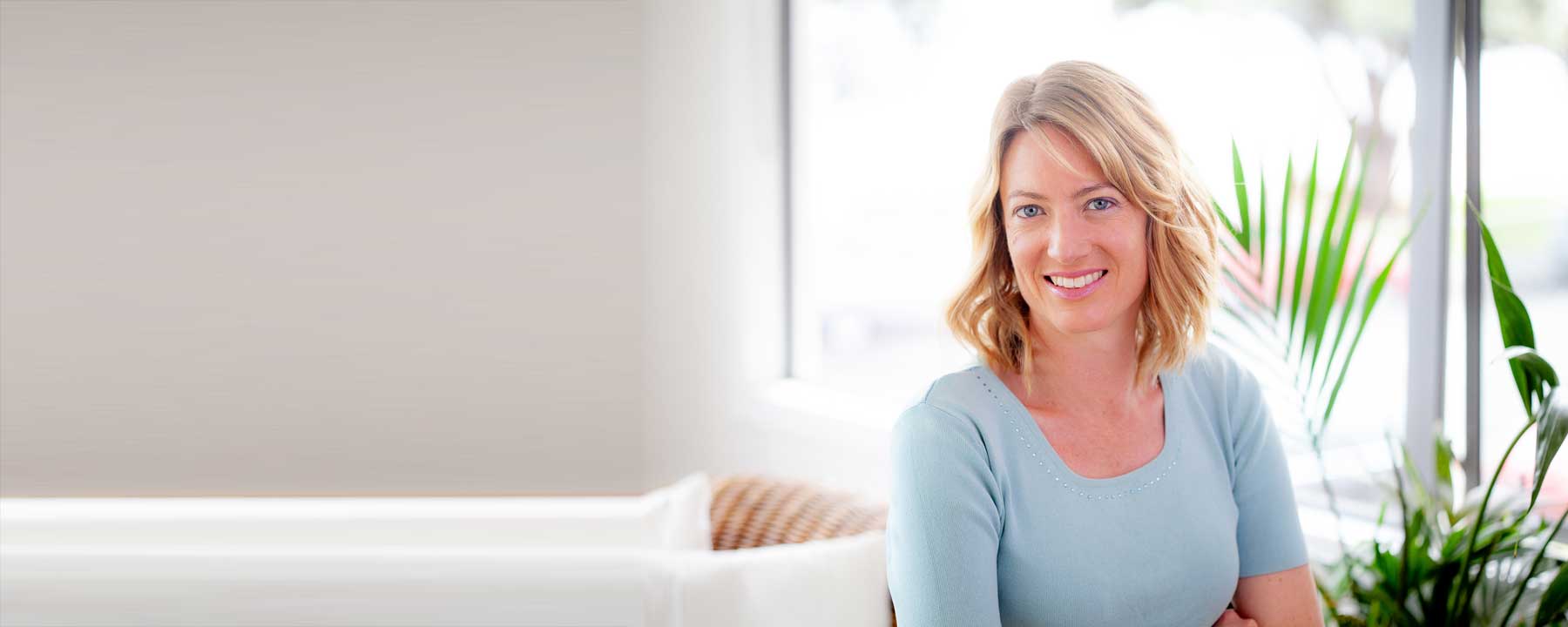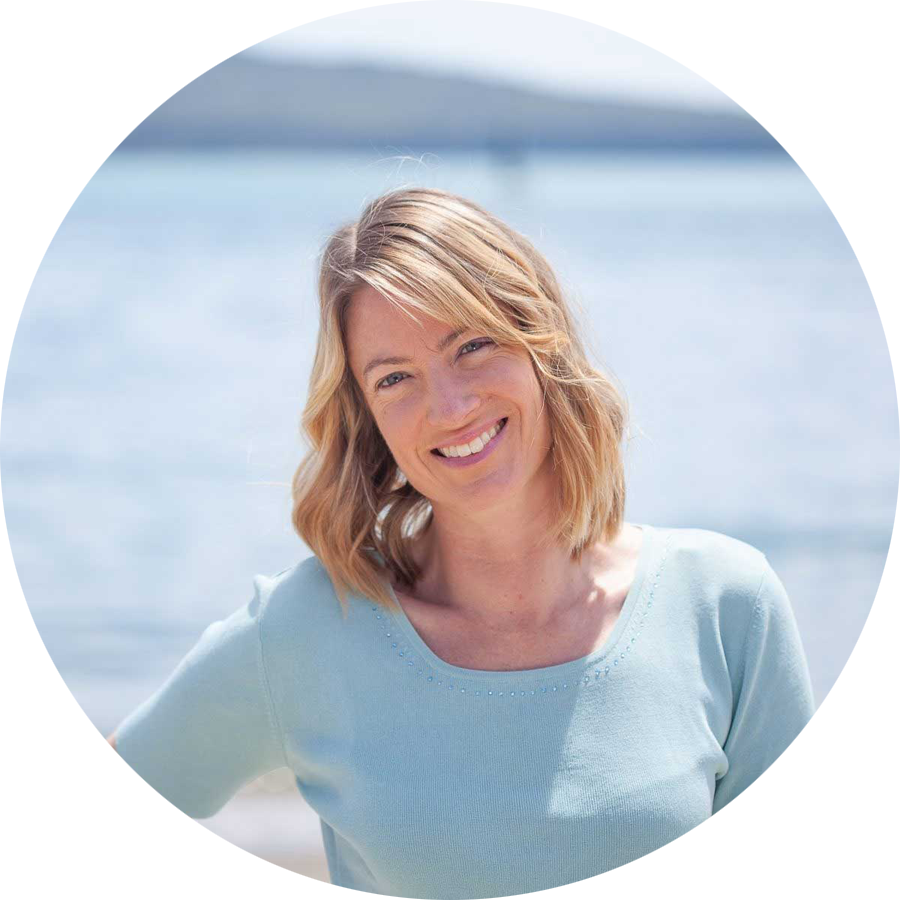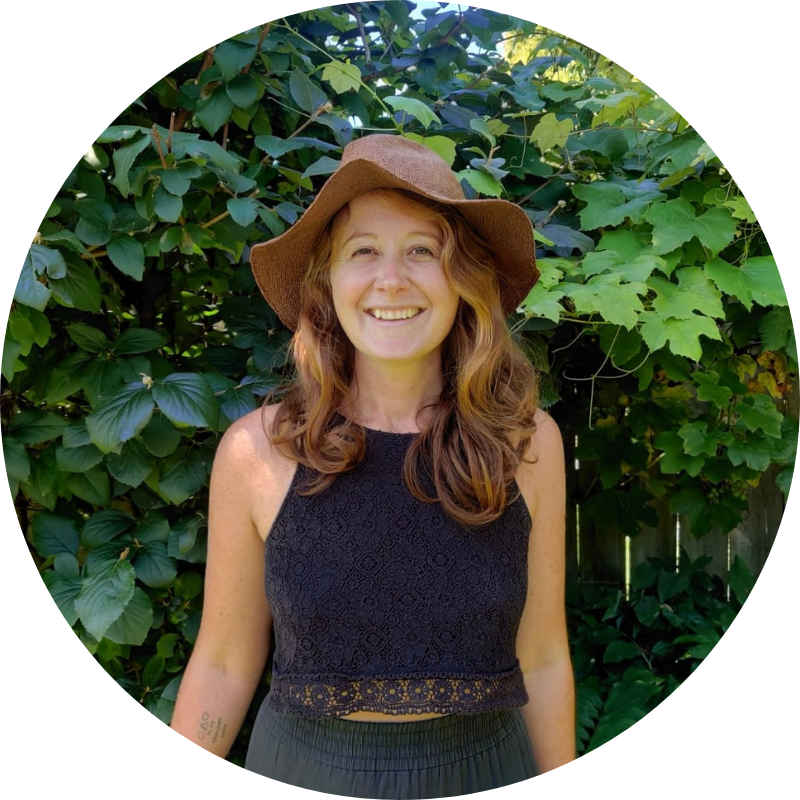Frequently Asked Questions
Cost?
We have many different options at different prices:
First Steps to Recovery - 40 minute webinar - FREE
Next Steps to Recovery - 2-hour webinar plus one month support package - $297 NZD
The Switch Webinar Series - 6-week webinar series, plus one year support package - $997 NZD
The Switch - 4-day live training in small group, plus one year support package - $2197 NZD
Live or online?
Whether you attend in person or online, the success rates are just the same. You will still see all the same slides, do all the same group activities, and have all the same live training, personalised support from Mel, group discussions and group bonding.
The benefits of attending in person are a bit more banter and laughter, chatting to course mates in the breaks, and not being distracted by home chores/people/wifi issues.
The benefit of attending online is saving time and money in travel costs, not being away from family for four days in a row, having more privacy and less distraction when doing paired work in breakout rooms instead of a live room, being able to ask me questions privately in the chat instead of in front of the group and feeling more comfortable and relaxed in your own environment.
Venue/Accommodation?
The Switch is held in Kohimarama, Auckland, or online via Zoom. There are many local accommodation options for out-of-towners who don't have family or friends to stay with. These accommodation options are walking distance from the course, cafes, beaches and a supermarket. My local hosts look after clients very well. If clients require wheelchair access at the venue, this can be arranged. View local accommodation options here.
Finishing times?
There are three live training days in The Switch, each about 4.5-7 hours long, plus an integration day on Day 3 for practice and webinar-based learning.
We do not give set end times because every group is different and the day lengths vary significantly, even within one group.
It is best to not plan activities or flights for straight after the course in case it runs late.
Coping with long days?
I wondered the same thing when I did my course to recover from CFS!
While 5-6 hours may seem daunting to you, my experience is that chronic illness sufferers not only manage this, but significantly improve their energy and health throughout each day of the course.
If you can only manage less than 2 hours of activity per day, I would recommend starting with The Next Steps 2-hour webinar or The Switch Webinar Series, because these can be viewed in smaller chunks.
If you are bedbound and can only do things for 10-15 minutes, you can watch the Next Steps webinar in very short chunks until you have completed it. You can still practice the webinar techniques because they are all short and can be done from your bed.
Children?
Children aged 8+ have participated in The Switch and absolutely loved it! It has a lot of games and fully-illustrated slides with cartoon characters, which really appeal to the younger audience. Young people usually get well faster than adults, and inspire adults about how rapid change really is possible when you don’t over-think it.
It is vital that the child really wants to do The Switch and is committed to it, not just being pushed to be there by the parents. The answers to application form questions must be the child's own, rather than a parent answering for them.
As with all clients, children are welcome to have a support person with them for the duration of the course.
Older clients?
People in their 70s have done The Switch and achieved great results. I have found that as long as clients have the cognitive skills and memory to learn the course material, they can make great changes. Accepting people in their 80s is a case-by-case situation based on assessing cognitive skills and adaptability.
There is a certain amount of computer skills required, as people will need to access emails, watch movies online and attend follow-ups on Zoom.
Support person?
You are welcome to bring a support person with you if you choose to. We allow two support people per group, so you may need to wait for the next course if we are already full.
Support people do not participate in the course, ask or answer questions - they sit at the back of the room so they understand what their loved one has learnt and they can help them to use the techniques outside of group time.
If you would like to have a support person, they will need to complete a form and receive approval from Mel prior to the course.
Sharing personal info?
There is no requirement to share private stories from your life with your group, or even with Mel, your trainer. Many people choose to share, but that will be entirely up to you.
All in the mind?
No, your illness is not all in your mind. It’s real. It’s physical. But mind and body cannot be separated, and when you influence one, you influence the other. Just because you can resolve chronic illness by using mind-based techniques does not invalidate that it was a real physical illness.
I don’t see any illness as being just physical or just emotional. For instance, anxiety may be seen as a mental health issue but it also has lots of physical traits such as elevated cortisol levels, racing heart etc. Chronic pain may be seen as physical, but it is very influenced by emotions and stress. Overall, your body is powerful at healing physically and emotionally when it is calm, so your job is to create calm and allow your body to do the rest.
Religious? Hypnosis?
The Switch is purposefully neither for nor against any religion, so that it is accessible to all people. It has been attended by people from many different religions or spiritual practices, as well as by atheists. All have reported comfort that the programme was in alignment with their beliefs.
There is no hypnosis. There is a small amount of visualisation and Christians have reported really enjoying this process and feeling that it was not in any way against their beliefs around avoiding hypnosis.
The Lightning Process?
No, The Switch is a separately developed programme. There is no more than 25% overlap in content and techniques. The Switch is also about 30% longer than the LP.
Both courses cover the stress response (Hans Selye, 1936), illness thinking patterns and beliefs. The Switch also covers the role of emotions in chronic illness, accessing the underlying emotional cause of an illness, clearing past trauma, lifestyle factors, the science of well-being, core beliefs and using muscle testing to elicit them.
The LP slides have bullet points for information. The Switch slides are fully illustrated with three characters that have their own storylines to demonstrate key points. The Switch has many interactive activities where clients work in pairs, fours or as a whole group, which fosters group camaraderie and keeps learning styles fresh.
While both courses have techniques that require repetition to enable recovery, the techniques are different. The Switch has The Quick Switch for dealing with current thoughts and emotions, The Deep Switch for clearing past trauma and the 3-brain Switch for decision making, plus four additional calming techniques.
We are here to answer your questions and inspire you with hope about your recovery!
Contact Us
info@empowertherapies.co.nz





